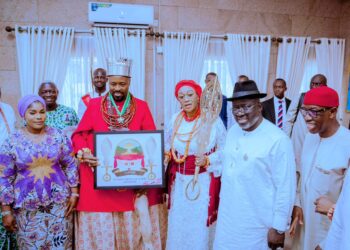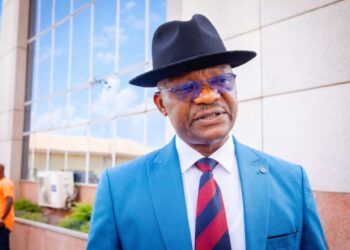6 March 2023
Three days after the supreme court ruling making the old naira notes legal tender until December 31, 2023, the public and Business operators are yet to hear from President Muhammadu Buhari and the Central Bank of Nigeria.
The apex court gave the ruling on Friday, nullifying Federal Government’s decision to stop the old N500 and N1,000 notes being legal tender, which took effect on February 10.
Nearly a month after majority of the old notes were mopped out of circulation, the challenge of cash squeeze persists, as new notes have remained elusive.
Following widespread condemnation of the policy and its accompanying pains on Nigerians, President Buhari addressed Nigerians on February 16, directing that the old N200 be returned into circulation to alleviate the hardship faced by citizens.
However, on Friday, a seven-member Supreme Court panel nullified the policy, faulting government’s handling of the process and declaring its methodology and implementation unconstitutional.
The Supreme Court ruled that though the President had authority to act as the federation’s executive, he was still required to give the federating units adequate notice before implementing the new monetary policy through CBN.
The court said that before the old naira notes were withdrawn, the states had not received reasonable notice as required by section 20(3) of the CBN Act.
As a result, the Supreme Court ruled in its lead decision, read by Justice Emmanuel Agim, that Buhari’s authorisation for the CBN to withdraw the old banknotes was illegal.
Sunday, even of another working day, the Presidency was yet to react to the ruling, despite issuing three press statements on other matters yesterday. Also, there is yet no word from the CBN in reaction to the ruling.
Business operators, on Sunday , said they are anxious to hear from President Buhari or the CBN over validity of the old notes, noting that it was risky to accept the notes until there is a directive from either the Presidency or CBN.
They said their decision was borne out of the controversy that followed a similar Supreme Court pronouncement that was not adhered to.













